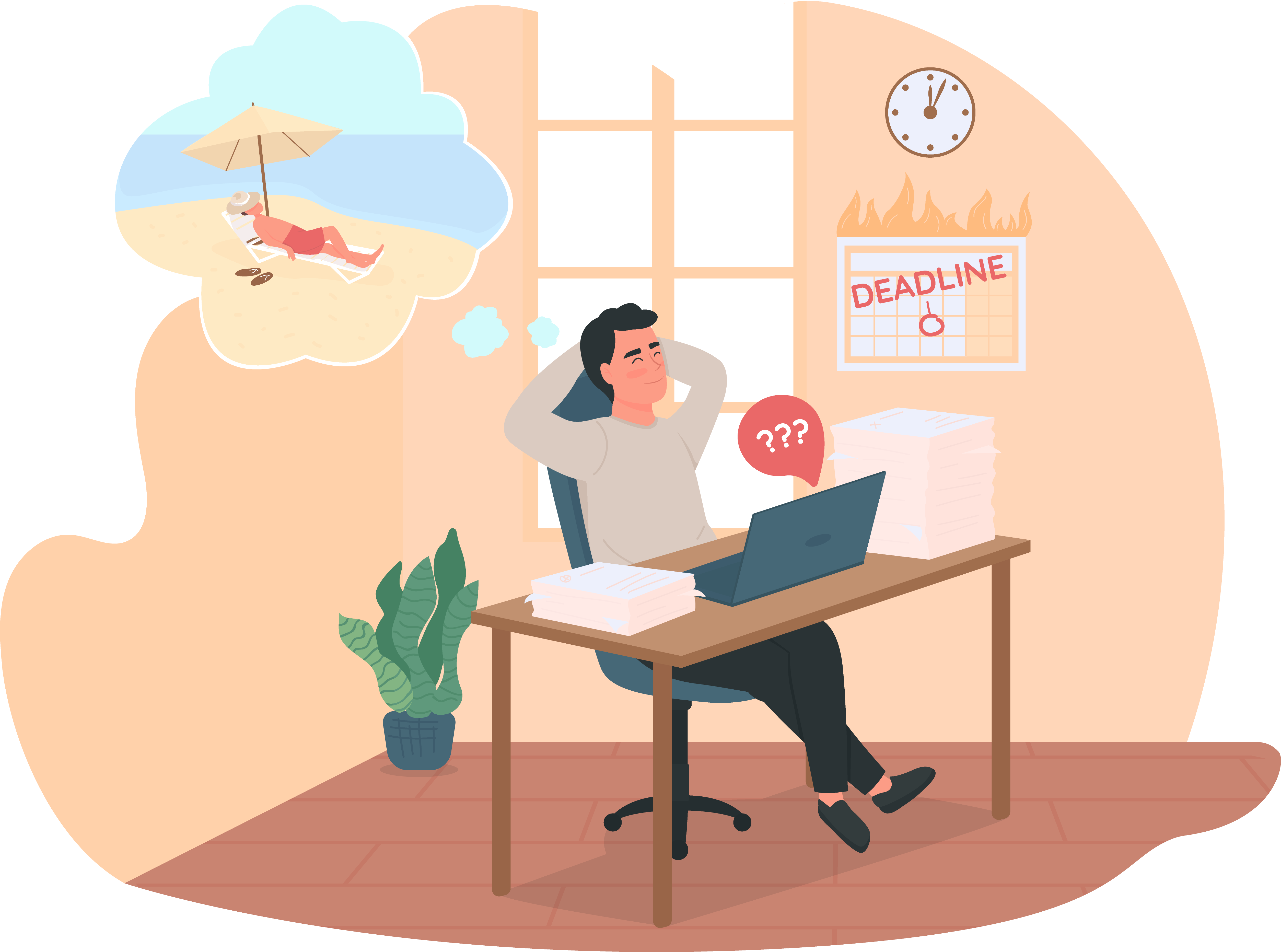In “Are You Proud of Being a Perfectionist? – Part 1” you learn: What is perfectionism? Is the notion of perfectionism well-defined? Where does the drive to be perfect come from? What are the symptoms of perfectionism? In this blog post, you discover many of the fears the perfectionist has as well as negative consequences of perfectionism. You then find out why striving for excellence rather than perfection is a better strategy. Fears Underlying Perfectionism Perfectionism is not so much about always achieving the best possible results in any endeavor; it’s more about not falling short, not failing to measure up or to be the top dog. Underlying a perfectionist’s.
What is Perfection? Perfectionism is a sly seductress. It lures us with an ennobled view of ourselves determined to get every aspect of the project perfect, down to the most minute detail. Never satisfied with ourselves for giving performances that are competent or even quite good, we strive for perfection and nothing less. Or so we tell ourselves. As if we had a clear notion of what constitutes the “perfect project” when it comes to what we are working on. What’s a perfect novel? Or a perfect painting, perfect bridge or perfect computer. Who can say? Granted, getting a perfect score on a mathematics test makes sense, since the answers to simple grade-school mathematics problems never vary. The.
What Hypnosis Is Not In the previous blog post “Hypnosis: From Wariness to Acceptance – Part 1“ the commonly posed question about stage hypnosis was raised: Do subjects choose to play along or do the hypnotic suggestions they receive compel them to comply? The fact is, being hypnotized is not relinquishing your power to the hypnotist. You can’t be made to do, say, or experience anything you don’t want to when in a hypnotic state. Your will is not paralyzed and you don’t lose your autonomy. Moreover, the depth to which you go into hypnosis and how quickly you go in, is really up to you and whether you believe.
Hypnosis as Unscrupulous For many years, the general public was very wary of hypnosis. A long history of books and movies associating hypnosis with evil doings was likely the reason. In 1894, Svengali, a nefarious hypnotist, seduces a young, naive girl in George du Maurier’s book and silent horror movie “Trilby”. In the silent zombie film “The Cabinet of Dr. Caligari” (1919), Caligari uses hypnosis to manipulate Cesare to commit murder. Over time hypnosis found its way into other cinematic genres, such as the spy comedy “Zoolander” in 2001. Fashion model Ben Stiller falls prey to an evil fashion designer whose plan is to hypnotize Stiller to assassinate the Prime.
In the blog post “How Do I Procrastinate? Let Me Count The Ways” I suggested that to overcome your procrastination you need to know the ways that you procrastinate. I suggested that there are various ways people procrastinate: some delay getting started on the project, some go great guns until they near the finish, and some dawdle and dither along the way. I also discussed some other ways: second guessing yourself, dwelling on the past, beating yourself up, overcommitting, worrying excessively, and striving for perfection. In this post, I suggest that to overcome your procrastination, you also need to understand why you do it. You need to figure out.
Not everyone who procrastinates does so in the same way. Some people delay getting started on a project or task; others begin eagerly and with enthusiasm, but somewhere in the process, they stall. Perhaps they face a problem they struggle to solve but can’t seem to (or at least not soon enough for their liking). Still others dabble, doing a little now and then (e.g. some more this week or month or even a year from now), sandwiching their efforts between dawdling on all sorts of other goals. And then there are those who get going right away, maintain a steady pace, make progress by taking constructive action consistently…until they.
Procrastination: Widespread Among Us Procrastination is arguably the most common form of self-sabotage. And not just among “losers”. Some of the most accomplished people of all time delay(ed) their goals for no good reason. Author Truman Capote, architect Frank Lloyd Wright, and artist/inventor Leonardo da Vinci rank high among them. Recent studies suggest that among adults, 15-20% of adults chronically procrastinate and 25% consider procrastination to be one of their defining personality traits. Among college students, procrastination is even more widespread: 80-95% procrastinate to some degree, around 70% regard themselves as procrastinators, and about 50% say that their procrastination is consistent and problematic. Does knowing that comfort you? Does it.
On July 17, 2020, BusinessTalkRadio1.com’s Christopher Roberts hosted the first of four radio interviews I will be giving to discuss my role as a certified clinical hypnotherapist and self-help coach who empowers teens and adults worldwide to stop sabotaging their goals and start achieving them. (Three other interviews are to be scheduled for September or October, 2020; announcements will be posted in this blog.) To listen now, click here: https://businesstalkradio1.com/ellen-r-coleman-07-17-20-hypnotherapist/ Self-sabotage is any behavior, conscious or not, that hinders rather than promotes goals. For example, if Susan parties excessively the night before she takes the Law School Admission and gets a low score, she sabotages her chances of getting into.
Hot Buttons for Self-Doubt As you strive to attain your goals and dreams, there are bound to be times when you suffer self-doubt. “Can I really make a living doing what I love? Am I smart enough? Talented enough? In my search for a loving partner, do I have the grit to face rejection, to get through the dry spells, and never give up?” Having self-doubt is more the norm than an aberration. An estimated 70% of people experience the “imposter syndrome” at some point in their lives. And a whopping 85% of people around the world are affected by low-self esteem. So instead of stigmatizing yourself for having it,.










